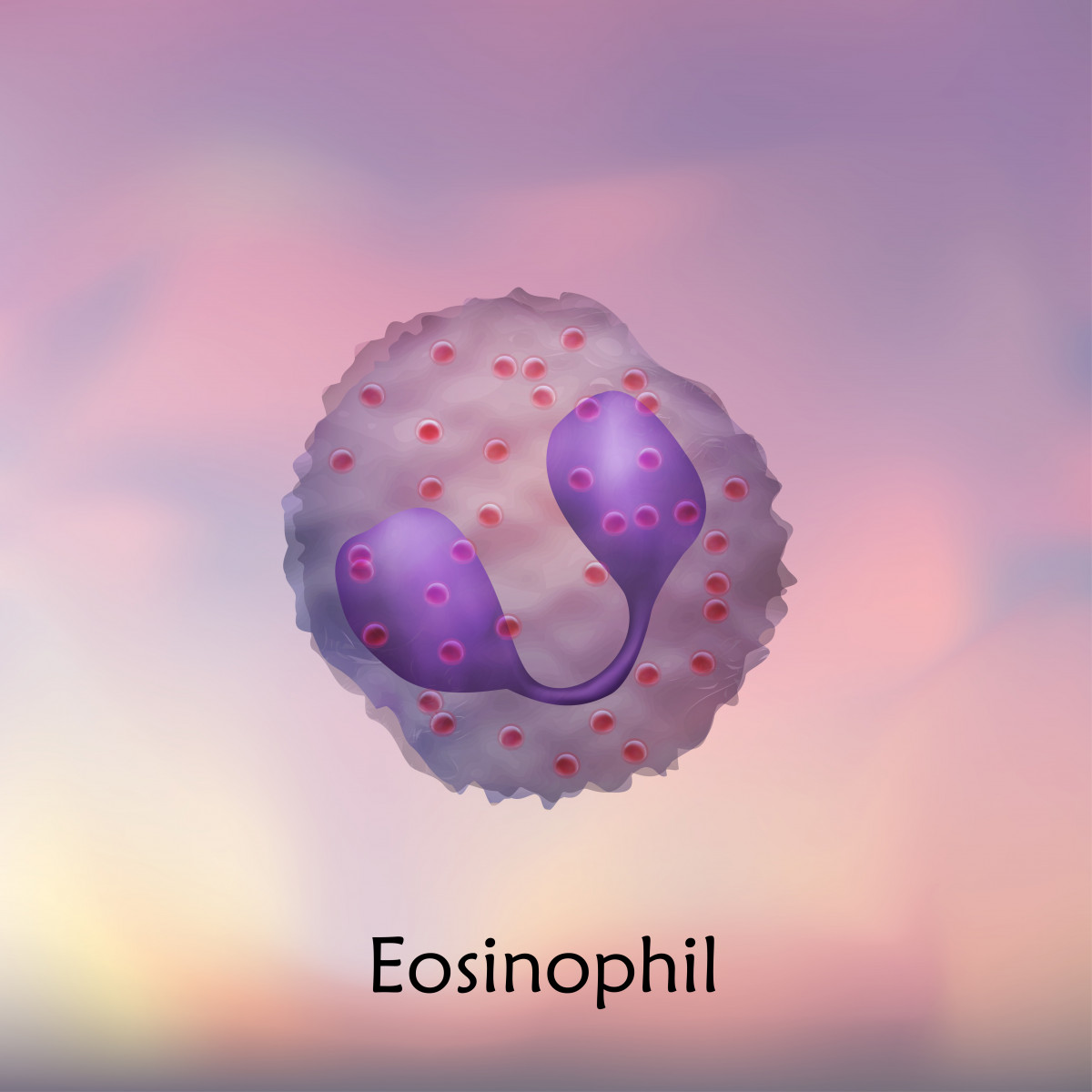Phase 3 Trials Show GSK’s Nucala Can Reduce Exacerbations in Specific COPD Patients
Written by |

Two Phase 3 clinical trials demonstrated that the antibody Nucala (mepolizumab) from GlaxoSmithKline has a moderate efficacy in the reduction of the rate of exacerbations in chronic obstructive pulmonary disease (COPD) patients.
The almost 20 percent decrease in the exacerbation rate was only observed in COPD patients with high levels of a type of white blood cell known as eosinophils.
The trial results were recently presented at the European Respiratory Society (ERS) International Congress in Milan, Italy.
Nucala is an antibody that targets the pro-inflammatory interleukin-5 molecule, and reduces the number of eosinophils in the blood. The drug is already approved by the U.S. Food and Drug Administration (FDA) to reduce symptom exacerbation (flare-ups) and improve quality of life in eosinophilic asthma.
COPD is characterized by airway obstruction and chronic lung inflammation. However, “there is significant variation between patients in the cells and other proteins responsible for lung inflammation, so there are actually many different subtypes of COPD,” Frank Sciurba, MD, director of the Center for COPD and Emphysema and UPMC Pulmonary Function Exercise Physiology Laboratory, and the study’s lead author, said in a press release.
Approximately 40 percent of COPD patients have elevated levels of eosinophils, a condition known as eosinophilic predominant COPD.
“These patients already have been given every treatment we have to offer them and are still having flare-ups that significantly interfere with their quality of life,” Sciurba said. “We hoped to be able to offer them an option.”
The first Phase 3 trial (NCT02105948) took place at 117 sites in 15 different countries from 2014 until 2017. Researchers analyzed a total of 837 COPD patients according to their blood eosinophil counts. Patients were then randomly selected to receive either 100 milligrams of Nucala or a placebo as an add-on to triple therapy with an inhaled corticosteroid, a long-acting beta agonist, and a long-acting muscarinic antagonist.
The drug was delivered under the skin every four weeks for one year.
Results from the trial showed that only patients having a high number of eosinophil counts and who received Nucala had a significant 18 percent lower rate of moderate to severe exacerbations, compared to the placebo group. Also, the time for the first exacerbation to occur was longer in the Nucala group.
No effects were seen on patients with low eosinophil counts.
In a simultaneously-conducted second Phase 3 trial (NCT02105961), researchers used a higher dose of Nucala (100 or 300 milligrams) in 675 patients with only elevated eosinophil levels. It was a placebo-randomized study with the same delivery method as the first trial.
The results were similar to the first trial, although not so robust. Patients had a decrease in disease exacerbation rate of 20 percent after treatment with Nucala at 100 milligrams. The 300-milligram dose was not more effective than the 100-milligram dose.
Findings from both trials indicate that only patients with high eosinophil cell counts would benefit from Nucala treatment. The safety profile of Nucala did not differ from placebo in either trial.
“The goal of precision medicine is to give the right treatment to the right patient,” Sciurba said. “These findings are the first example of a precision therapy that is uniquely effective in a subgroup of patients with treatment-resistant COPD.”
“In addition to providing a new treatment option for patients with treatment-resistant, moderate to severe COPD, the new results also are important because they identify a potential biomarker for the disease and demonstrate that eosinophilic inflammation plays a role in flare-ups in COPD,” he concluded.




